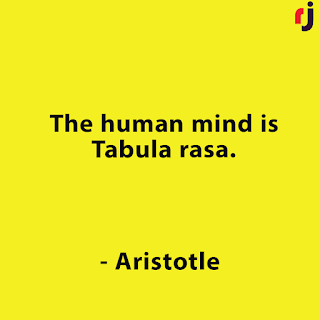
Aristotle (384-322), the ancient Greek philosopher and polymath, was born in 384 BCE in Stagira, a Greek colony in Thrace. His father, Nicomachus, was the personal physician to King Amyntas III of Macedon. At the age of seventeen, Aristotle moved to Athens to study at Plato's Academy, where he became a student of Plato for nearly twenty years.
After Plato's death in 347 BCE, Aristotle left Athens and traveled extensively, conducting scientific research and studying natural phenomena. In 343 BCE, he was invited by King Philip II of Macedon to become the tutor to his son, Alexander the Great. Aristotle taught Alexander for several years before returning to Athens in 335 BCE, where he established his own school, the Lyceum, and began teaching and writing extensively.
Aristotle's influence extended across a wide range of disciplines, including philosophy, ethics, politics, metaphysics, biology, physics, astronomy, and logic. His contributions to these fields have had a profound and enduring impact on Western thought and scholarship.
Major Works of Aristotle
1. Nicomachean Ethics: One of Aristotle's most famous works, the "Nicomachean Ethics," explores the nature of happiness, virtue, and moral character. In this work, Aristotle discusses the concept of eudaimonia (human flourishing) and the role of virtue in achieving a good life.
2. Politics: In Politics, Aristotle examines the nature of the state and the principles of governance. He discusses various forms of government, including democracy, oligarchy, and monarchy, and evaluates their strengths and weaknesses.
3. Metaphysics: Aristotle's "Metaphysics" explores the fundamental principles and concepts that underlie reality. He discusses topics such as substance, causality, potentiality and actuality, and the nature of being.
4. Physics: In his work "Physics," Aristotle investigates the natural world and the principles of motion, change, and causality. He develops his theories on the four causes (material, formal, efficient, and final) and lays the groundwork for his scientific method.
5. De Anima (On the Soul): Aristotle's "De Anima" examines the nature of the soul and its relationship to the body. He discusses various aspects of the soul, including perception, thought, and emotion, and explores the concept of the intellect.
6. Poetics: In "Poetics," Aristotle analyzes the nature of poetry and drama, including the structure of tragedy and the role of plot, character, and spectacle in literary works.
7. Organon (The Logical Works): Aristotle's "Organon" is a collection of works on logic, including "Categories," "Prior Analytics," "Posterior Analytics," "Topics," and "On Interpretation." These works form the basis of Aristotelian logic and are foundational texts in the history of philosophy.
Aristotle's works have had a profound and lasting impact on Western thought, influencing thinkers across centuries and disciplines. His systematic approach to philosophy and his emphasis on empirical observation and logical analysis laid the groundwork for much of modern science and philosophy. Aristotle's legacy continues to be studied and revered by scholars and philosophers around the world.

